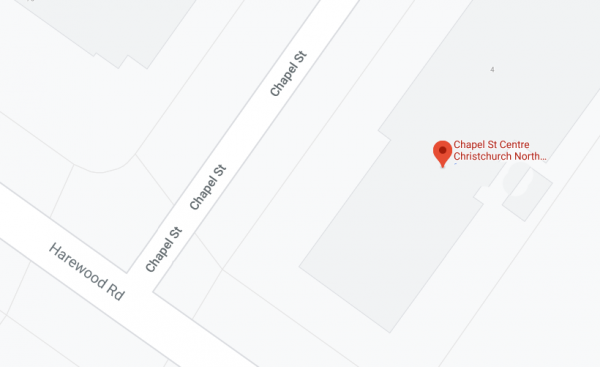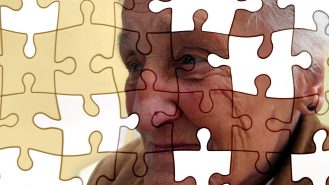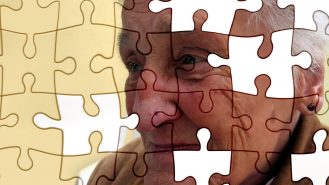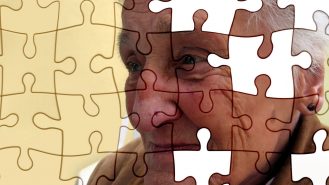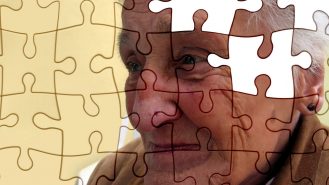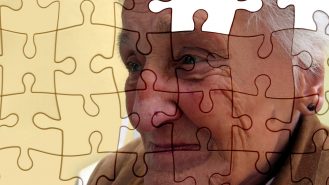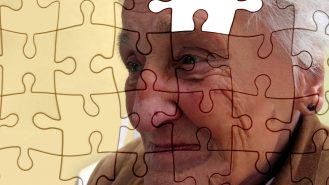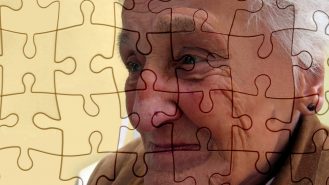U3A Okeover: A Guide for Course Presenters
Revised: 29 Nov 2023
Introduction:
Thank you for agreeing to present a talk to our U3A Okeover group. This guide contains information to assist you. If there is anything else you need to know or to arrange, please contact your course’s organiser.
The University of the Third Age & U3A Okeover.
The U3A movement is based on the philosophy that education is life-long. It aims to provide a stimulating, continuing education for people in their years of retirement. It had its origin in France following the Second World War and has spread to many countries including Australia and New Zealand. U3A groups, each of them independent of the others, are thriving in Christchurch and throughout New Zealand.
U3A groups have common characteristics:
-
They are voluntary, self-sufficient organisations run by members’ committees which arrange their own programmes.
-
Members are alert and interested retirees.
-
No educational qualifications are required. No examinations are set and no qualifications are given.
-
U3A’s draw on the reservoirs of knowledge, skills and experience in the community. U3A groups look to their own members to provide presentations, but they also draw upon the universities, polytechnics and wider communities for presenters.
-
Presenters to U3A Okeover are offered $125 which will be deposited in your bank account. U3A Okeover supports an educational trust called UC Māpura Bright Start and some speakers have generously opted to direct their honorarium to that cause. Please tell the course organiser which you would prefer.
We meet on Thursday mornings from March to November in The Chapel Street Centre, 68 Harewood Road, Papanui, Christchurch (Corner of Harewood Road & Chapel Street).
-
Tea and coffee are served from 9:45 a.m. until 10.15.
-
Presentations commence at 10:30 a.m. and run for about an hour, including questions.
Preparing the sessions for a course
In a course (on one overall topic) there are normally five topic-related sessions. A note from the course organiser will confirm the date(s) and topic of your session(s). You should exchange contact details. Several weeks before the first session in a course, the organiser will ask the session speakers for information which will be placed on the website from which members make their enrolment choices.
For example, here is a previous entry for a five-session course called “The Criminal Lawyer”:
28 Mar: Greg Newbold, ‘Why criminals re-offend’.
Why have efforts to rehabilitate criminals in New Zealand failed?
Greg Newbold is a professor in criminology at the University of Canterbury. He has published seven books and more than 80 book chapters and articles and is currently regarded as one of New Zealand’s leading criminologists. He is a regular media commentator on crime and criminal justice and is frequently consulted by government on matters pertaining to law enforcement and correctional policy.
Equipment:
Your course organiser will ask what your equipment requirements are. The church has two data projectors, Windows 10 laptop computer and laser pointer. You may choose to bring your own laptop or you can bring a memory stick to use on our computer. There is a good sound system but a lapel microphone is available.
We have PowerPoint and Microsoft Office, but let the organiser know if your software is unusual. The computer can connect to our sound system. You can ask in advance for a connection to the internet.
You will be welcome to come at 10:00 or earlier to check out the gear. It is not expected that you will bring handouts, but you are welcome to do so.
Transport:
If you need transport to and from the venue tell your organiser. A set of cones will be placed in the carpark for you to park your vehicle. There is also a bike rack behind the garage.
Problems:
If personal problems arise such as ill health or a clash of dates please contact the course organiser as early as possible.
We are delighted that you are willing to present to us.
